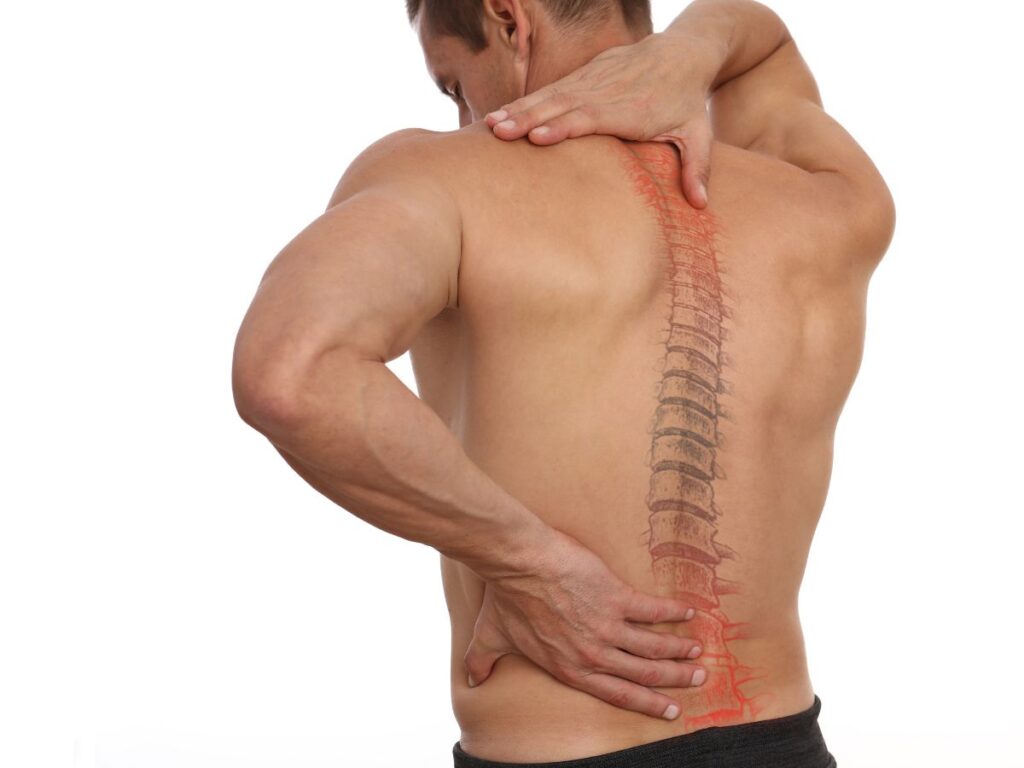Understanding Pinched Nerves and How Chiropractic Helps
A pinched nerve, medically known as nerve impingement, occurs when surrounding tissues like bones, discs, or muscles place excessive pressure on a nerve. This can lead to sharp pain, tingling, numbness, or muscle weakness, affecting daily activities and overall quality of life. At Primary Health Clinic, we specialize in nerve impingement care through customized chiropractic treatments that target the source of compression and promote natural healing. Unlike medications that only mask symptoms, our approach aims to resolve the underlying cause for lasting relief.
Common Causes of Nerve Impingement
Several spinal and musculoskeletal issues can lead to nerve compression. Some of the most frequent causes include:
- Herniated or bulging discs: Displaced disc material can press against nearby nerves.
- Spinal stenosis: Narrowing of the spinal canal reduces space for nerves, leading to irritation. Learn more about this at our spinal stenosis treatment page.
- Bone spurs: Extra bone growth from arthritis can impinge on nerve roots.
- Muscle tightness or swelling: Inflammation from injury or overuse can compress peripheral nerves.
Understanding what’s causing your nerve pain is essential for designing an effective chiropractic care plan.
Signs You May Have a Pinched Nerve
Pinched nerves can manifest in different ways depending on the location and severity of compression. Common symptoms include:
- Sharp, burning, or radiating pain down an arm or leg
- Tingling or “pins and needles” sensations
- Muscle weakness or difficulty gripping objects
- Neck or lower back stiffness
- Pain that worsens with certain movements or postures
If left untreated, long-term nerve compression may lead to permanent nerve damage. Seeking professional nerve impingement care early can prevent complications.
Chiropractic Adjustments for Nerve Pain
At Primary Health Clinic, we use targeted adjustments for nerve pain to correct misalignments that may be compressing your nerves. Chiropractic adjustments gently realign the spine and joints to relieve pressure, improve mobility, and restore optimal nervous system function. Benefits include:
- Reduced inflammation around the affected nerve
- Improved spinal biomechanics and posture
- Enhanced blood flow and nutrient delivery to nerve tissues
- Natural pain relief without reliance on medication or injections
Our team also offers manual spinal adjustments specifically designed to address nerve-related concerns.
Spinal Decompression for Nerve Relief
Spinal decompression for nerves is a non-surgical technique we use to gently stretch the spine, creating negative pressure that allows herniated discs to retract and take pressure off pinched nerves. This therapy is especially effective for:
- Herniated or bulging discs
- Degenerative disc disease
- Chronic lower back pain radiating into the legs (sciatica)
By relieving compression, decompression therapy facilitates the flow of oxygen, water, and nutrients into the disc space, accelerating the healing process.
Complementary Therapies for Pinched Nerves
In addition to spinal adjustments and decompression, we incorporate other supportive treatments such as:
- Soft tissue therapy: To reduce muscle tension and inflammation around nerve pathways.
- Corrective exercises: Targeted stretches and strengthening routines to support spinal stability.
- Postural training: Education on ergonomic movements and habits to prevent recurrence.
This holistic approach ensures that each aspect of your recovery is addressed for long-term health.
Why Choose Chiropractic for Nerve Impingement Care?
Chiropractic care offers a natural, drug-free alternative for managing and resolving nerve pain. Unlike temporary solutions, chiropractic therapy targets the root mechanical problems that often cause nerve compression. Advantages include:
- Customized, non-invasive treatments tailored to your specific condition
- No downtime—most patients resume daily activities immediately
- Focus on whole-body health and prevention, not just symptom relief
- Lower risk and cost compared to surgical interventions
With proper care, many patients achieve significant improvements in pain levels, mobility, and overall well-being.
When to Seek Chiropractic Help for a Pinched Nerve
If you’re experiencing persistent pain, numbness, or weakness, it’s important to consult a professional. Early chiropractic intervention can prevent chronic issues and promote faster recovery. At Primary Health Clinic, we begin with a thorough assessment including:
- Detailed medical history review
- Physical and neurological exams
- Range of motion and posture analysis
Based on our findings, we’ll design a personalized care plan that might include spinal decompression for nerves and specific adjustments for nerve pain to restore function and comfort.
Frequently Asked Questions
How long does it take to feel better?
Most patients notice some relief within a few sessions, though lasting improvement typically requires a full treatment series tailored to your condition.
Is chiropractic care safe for nerve issues?
Yes. Our chiropractors use gentle, controlled techniques that are safe and effective for treating nerve-related problems.
Will I need ongoing care?
That depends on the severity of your nerve impingement and lifestyle factors. Many patients benefit from periodic maintenance visits to keep their spine healthy and prevent future problems.
Start Your Journey to Lasting Relief
If you’re struggling with pinched nerve symptoms, don’t wait for the problem to worsen. At Primary Health Clinic, we’re committed to delivering expert nerve impingement care through advanced chiropractic techniques. Learn more or schedule a consultation by visiting our pages on spinal stenosis care and manual spinal adjustments. With the right care, you can regain comfort, mobility, and a better quality of life.






